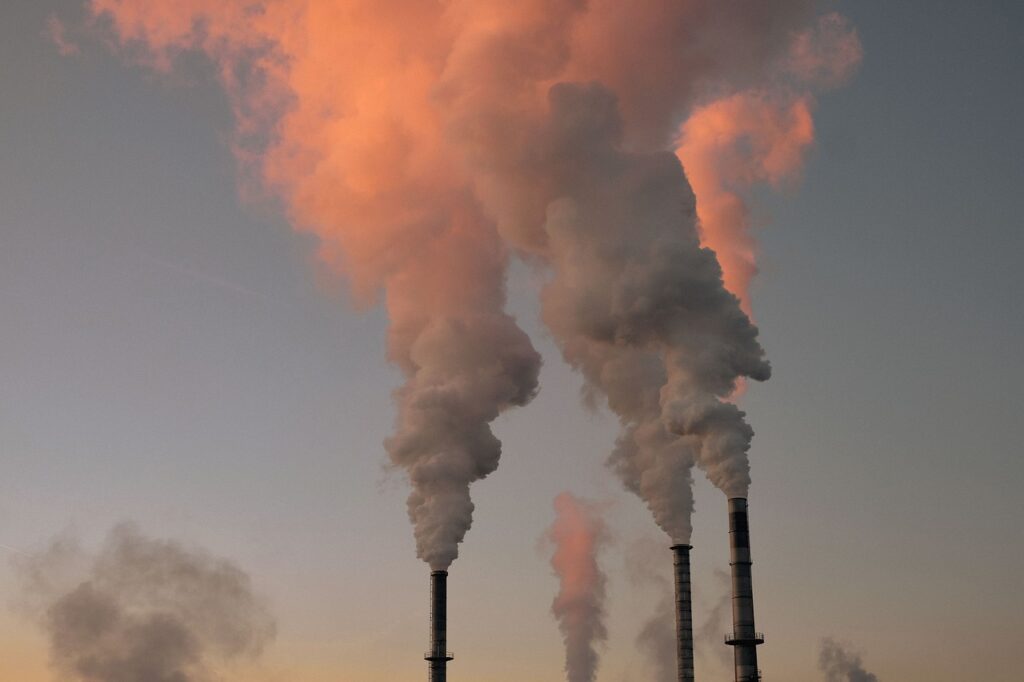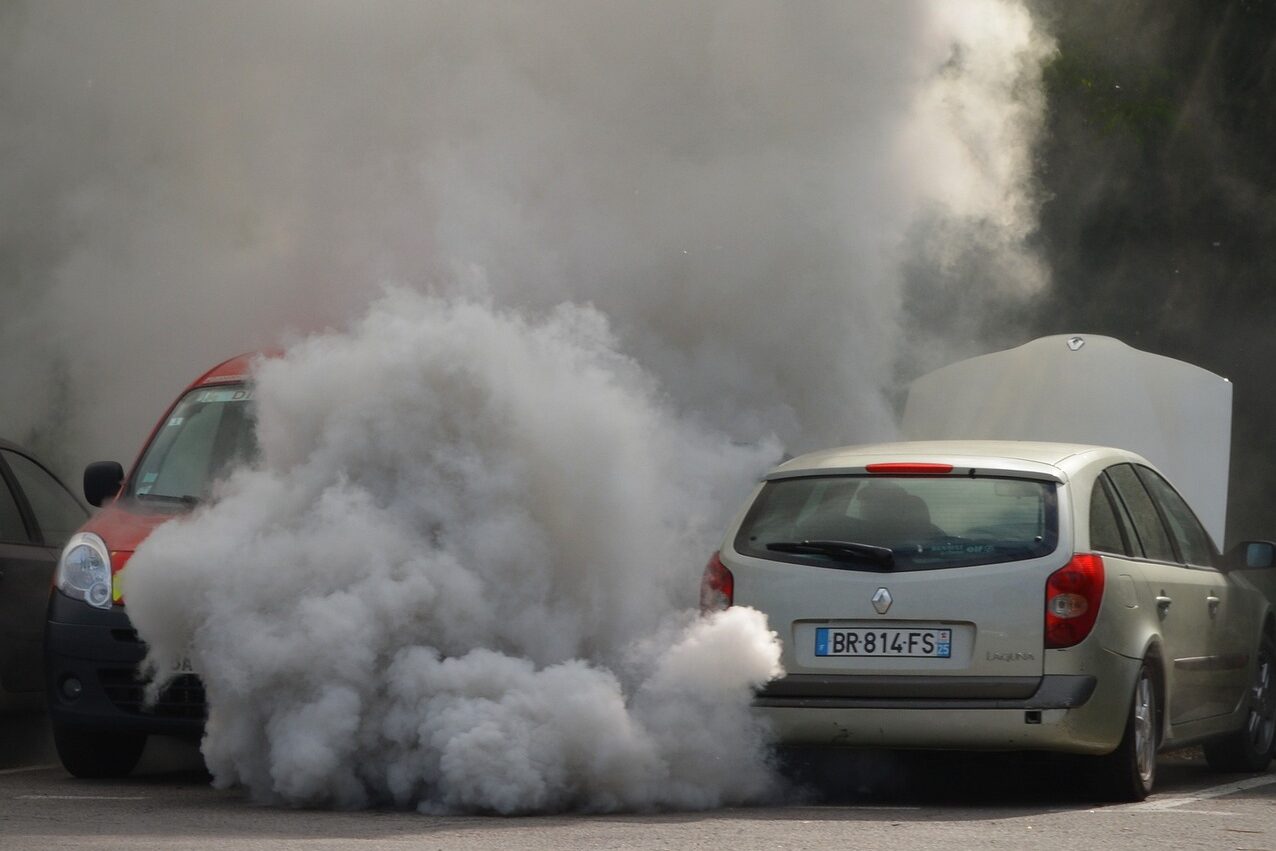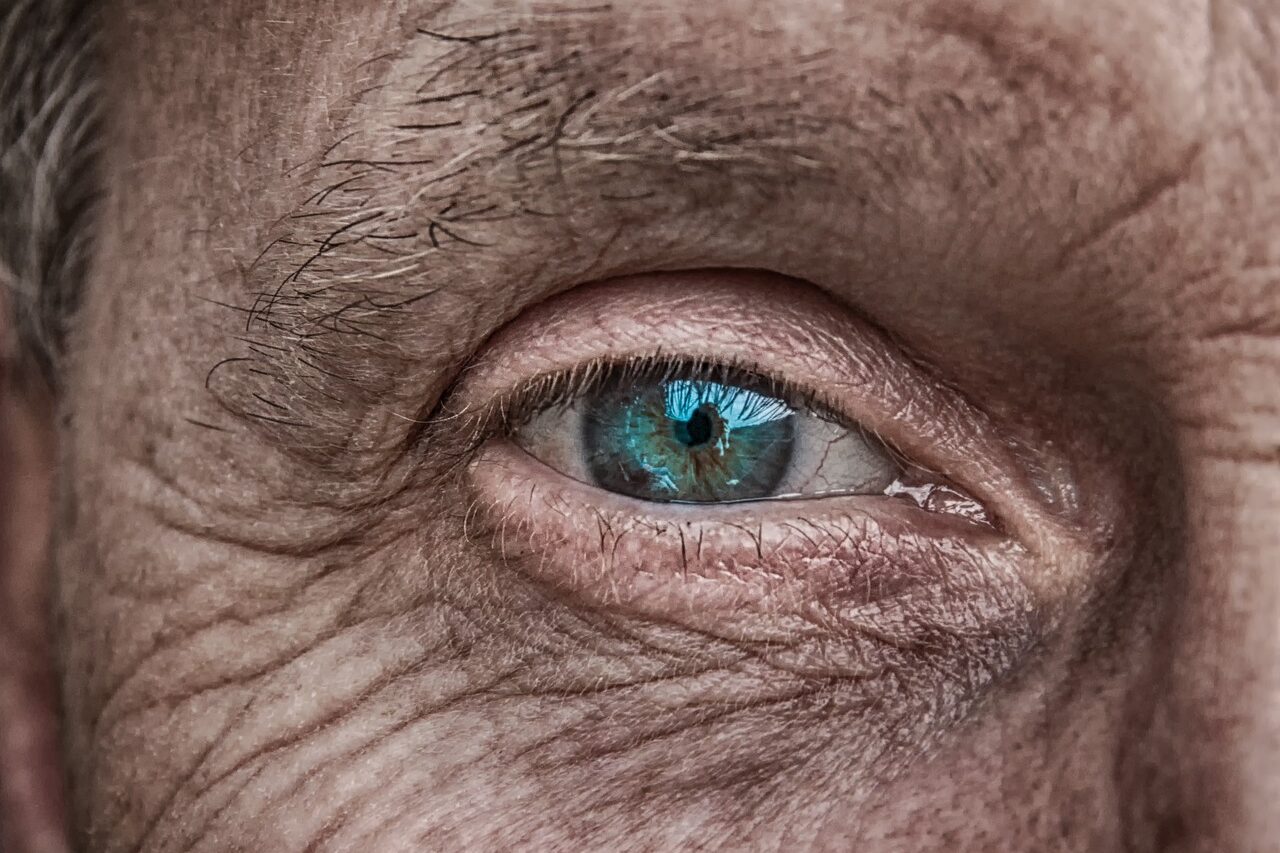1. Fine Particulate Matter: Tiny But Mighty

One of the biggest contributors to the acceleration of aging is the presence of fine particulate matter (PM2.5) in the air. According to research from PubMed highlights, long-term exposure to PM2.5 is linked to increased mortality risk among the elderly. These tiny particles, often produced by vehicle exhaust, industrial activities, and burning of fossil fuels, are so small that they can penetrate deep into the lungs and enter the bloodstream. Once in the body, they trigger inflammation and oxidative stress, two major culprits in aging. This ongoing inflammation can damage tissues, impair immune function, and increase the risk of chronic diseases such as heart disease and diabetes.
When your body is under constant attack from these particles, it has to work overtime to repair the damage. This not only accelerates physical aging but also affects how you feel, causing fatigue, skin aging, and overall wear and tear on your body. As the particles travel to the brain, they may also contribute to neurodegenerative conditions like Alzheimer’s and dementia, further diminishing cognitive function and overall vitality. So, the air you’re breathing isn’t just a nuisance—it’s a silent agent of biological aging, pushing you toward earlier aging than you might expect.
2. Ozone Pollution: A Breath of Premature Aging

Ozone, particularly in urban areas, is another pollutant that can damage your skin and accelerate aging. According to PubMed Central, while ozone in the upper atmosphere protects us from harmful ultraviolet (UV) rays, ozone at ground level is a harmful pollutant that can cause skin damage. Ozone exposure increases the formation of free radicals in the skin, which accelerate the breakdown of collagen and elastin, essential proteins that keep your skin firm and youthful. Over time, this damage contributes to wrinkles, sagging, and skin discoloration—clear signs of premature aging.
But the effects of ozone go beyond the surface. When you breathe in polluted air with high levels of ozone, it can also cause cellular damage deep inside your body. The oxidative stress from ozone exposure weakens the body’s natural defense mechanisms, leading to faster aging of vital organs. Studies have shown that long-term exposure to ozone can contribute to accelerated lung aging, making it harder to breathe and reducing your overall quality of life. The combination of both internal and external damage from ozone pollution makes it a powerful, yet invisible, factor in speeding up the aging process.
3. Airborne Toxins: Poisoning Your Body from the Inside

Airborne toxins, including chemicals like volatile organic compounds (VOCs), benzene, and formaldehyde, are pervasive in many indoor and outdoor environments, according to the CleveLand Clinic. These chemicals are released by paints, cleaning products, industrial activities, and vehicle emissions. When inhaled, they enter the bloodstream and trigger oxidative stress, which damages cells and accelerates the breakdown of DNA. This DNA damage leads to the deterioration of cells, making them age faster and increasing the likelihood of mutations that could eventually lead to cancer.
These toxins don’t just harm the skin and internal organs; they also affect your respiratory and cardiovascular systems. Prolonged exposure can lead to chronic respiratory conditions like asthma or chronic obstructive pulmonary disease (COPD), which significantly reduce the quality of life and speed up physical aging. Additionally, the presence of these toxins increases the risk of neurological diseases, as they can accumulate in the brain and affect cognitive function, leading to memory loss and cognitive decline at a much earlier age.
4. Stress-Inducing Air Pollution: The Mental Toll

We often talk about how stress affects our health, but did you know that air pollution itself can be a significant stressor on your body? Exposure to polluted air increases the body’s production of cortisol, the hormone responsible for the stress response, according to PubMed Central. Elevated cortisol levels, especially over time, can wreak havoc on your body. Chronic stress accelerates aging by affecting your immune system, promoting inflammation, and contributing to skin aging. It can also impair your mental clarity and focus, as stress-induced cortisol levels affect brain function.
On a physiological level, this increased stress response can lead to increased blood pressure, elevated heart rate, and a higher risk of cardiovascular disease, all of which take their toll on your body’s longevity. Essentially, breathing in polluted air creates a continuous stress cycle that ages your body from the inside out. From your skin to your organs, the long-term exposure to this form of stress can cut years off your vitality, leading to premature aging and chronic health problems.
5. Decreased Oxygen Levels: Straining Your Body

When the air you breathe is filled with pollutants, the oxygen content becomes diluted, making it harder for your body to get the oxygen it needs to function properly. According to CleveLand Clinic, oxygen is crucial for the production of energy in your cells, and without sufficient oxygen, your body’s systems start to slow down. This can lead to fatigue, reduced cognitive function, and even premature cell death. As your cells age and die off more quickly than they regenerate, your body’s natural processes begin to deteriorate.
With decreased oxygen levels, your skin also starts to show signs of aging faster. Oxygen is necessary for the production of collagen and elastin, which keep your skin firm and youthful. Without enough oxygen, your skin loses its elasticity and begins to wrinkle more quickly. Additionally, when your body isn’t getting enough oxygen, it tries to compensate by increasing your heart rate and working harder, which strains your cardiovascular system over time. In short, reduced oxygen availability accelerates aging by forcing your body to work harder than it should, leading to physical and cognitive decline.
6. Accelerated Inflammation: A Silent Aging Agent

Air pollution has been linked to increased inflammation in the body, which is a key driver of the aging process. According to PubMed Central, when harmful particles and chemicals are inhaled, your immune system reacts by releasing inflammatory cytokines to combat the “invaders.” However, prolonged exposure to air pollution leads to chronic low-grade inflammation, which damages tissues and organs over time. This chronic inflammation accelerates aging by speeding up the breakdown of cells and impairing the body’s ability to repair itself.
Inflammation also contributes to a wide range of diseases that are associated with aging, such as arthritis, heart disease, and even diabetes. As the body’s inflammatory response becomes overactive, it can lead to the destruction of healthy cells, tissues, and even the DNA that makes up your cells. This leads to premature aging on both a cellular and systemic level. The more your body has to combat the damage caused by pollution-related inflammation, the faster you age—both externally, in the form of wrinkles and fine lines, and internally, with the increased risk of chronic disease.
7. Premature Skin Aging: Polluted Air’s Wrinkle Factor

We’ve all heard that pollution is bad for our skin, but just how bad is it? Air pollution has been shown to cause premature skin aging by disrupting the skin’s natural barrier and promoting oxidative stress, according to the Guardian. When you breathe in polluted air, harmful particles and gases are deposited on your skin, causing free radicals to form. These free radicals damage collagen and elastin fibers, which are essential for maintaining skin’s elasticity and structure. Over time, this damage leads to the appearance of wrinkles, fine lines, and sagging skin—hallmarks of aging.
Furthermore, air pollutants like ozone and nitrogen dioxide can directly degrade the skin’s outer layer, making it more prone to dehydration and inflammation. The combination of oxidative stress and reduced skin function accelerates the visible signs of aging. Studies have found that individuals living in areas with high pollution levels tend to develop wrinkles and age spots earlier than those in cleaner environments. So, the air you breathe doesn’t just affect your internal health—it shows up on your skin too, making you appear older before your time.
8. Reduced Life Expectancy: The Long-Term Effects

When all the negative impacts of polluted air accumulate over time, the result is often a reduced life expectancy. Air pollution has been linked to a variety of serious health conditions, such as cardiovascular disease, respiratory illness, and cancer. These chronic health conditions not only shorten lifespan but also reduce the quality of life, leading to premature aging on both a physical and emotional level. The long-term exposure to pollutants increases the risk of diseases that are typically associated with aging, including lung cancer, stroke, and heart disease.
In fact, studies have shown that air pollution can reduce life expectancy by years, especially in areas with high levels of particulate matter. The cumulative damage done by years of exposure to polluted air takes its toll, leading to earlier onset of age-related diseases and ultimately decreasing how long you live. So, while pollution might seem like an invisible threat, its effects are very real, cutting years off your life and accelerating the aging process both externally and internally.


